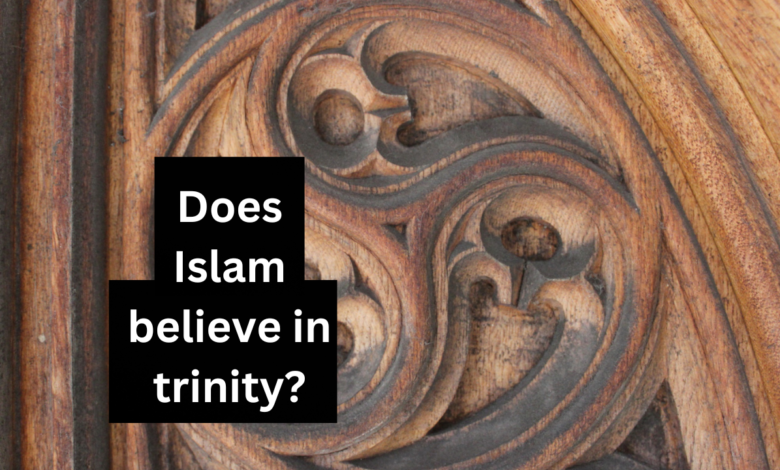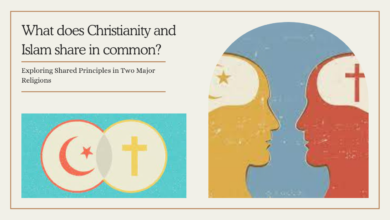Does Islam believe in trinity?

Introduction
The concept of the Trinity is a central doctrine in Christianity, asserting that God is a singular being consisting of three distinct persons: God the Father, God the Son (Jesus Christ), and God the Holy Spirit. However, the Islamic perspective on the Trinity differs significantly from the Christian belief. Islam, the world’s second-largest religion, follows the monotheistic doctrine of Tawhid, which emphasizes the absolute oneness of God. This article explores the Islamic stance on the Trinity and the reasons behind the differences between these two Abrahamic faiths.
Monotheism in Islam
At the core of Islamic belief lies the principle of monotheism, known as Tawhid. This concept dictates that there is only one God, Allah, who is indivisible, eternal, and all-powerful. This fundamental belief is summarized in the Shahada, the Islamic declaration of faith: “There is no god but Allah, and Muhammad is His messenger.”
Islamic Theology and the Trinity
Islam and Christianity share some commonalities, including belief in the same God, recognition of many of the same prophets, and similar moral teachings. However, the concept of the Trinity presents a fundamental theological difference.
From the Islamic perspective, the concept of the Trinity challenges the fundamental principle of Tawhid. Muslims assert that the notion of three distinct persons within a single Godhead contradicts the indivisible oneness of God. Islam teaches that God is incomparable and cannot be likened to anything in the created world. This includes the idea of God having physical attributes, human form, or any divisions within His essence.
Islamic View of Jesus
Another significant point of departure between Islam and Christianity lies in the understanding of Jesus Christ. While Christians believe in Jesus as the divine Son of God and the second person of the Trinity, Muslims view Jesus (known as Isa in Arabic) as a highly revered prophet, born to the Virgin Mary (Maryam). The Quran, the holy book of Islam, emphasizes Jesus’ prophethood and miraculous birth but explicitly denies his divinity. In Islam, attributing divinity to any being other than Allah is considered a grave sin known as shirk.
The Role of the Holy Spirit
In the Christian doctrine of the Trinity, the Holy Spirit is considered one of the three distinct persons of God, along with the Father and the Son. Islam, however, does not share this view. The Quran mentions the Holy Spirit (referred to as “Ruh al-Qudus” in Arabic) as an angel or a divine force rather than a separate person within the Godhead. The concept of the Holy Spirit does not carry the same theological significance in Islamic theology as it does in Christian theology.
Conclusion
The Islamic perspective on the Trinity is rooted in the fundamental principle of Tawhid, which emphasizes the absolute oneness of God. Islam’s rejection of the Trinity stems from the belief that the concept contradicts the monotheistic nature of God and challenges the doctrine of divine unity. While Islam and Christianity share certain theological points, such as belief in the same God and adherence to moral teachings, the understanding of the Trinity remains a distinct and defining difference between these two major world religions. Recognizing these differences is essential for fostering interfaith dialogue and understanding.






